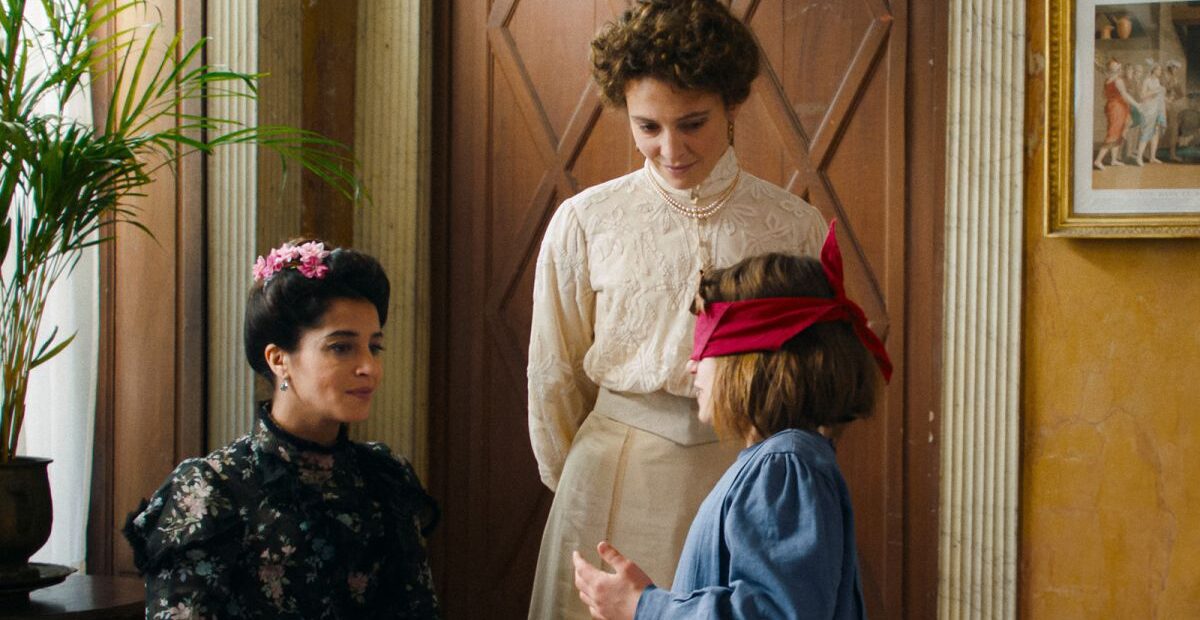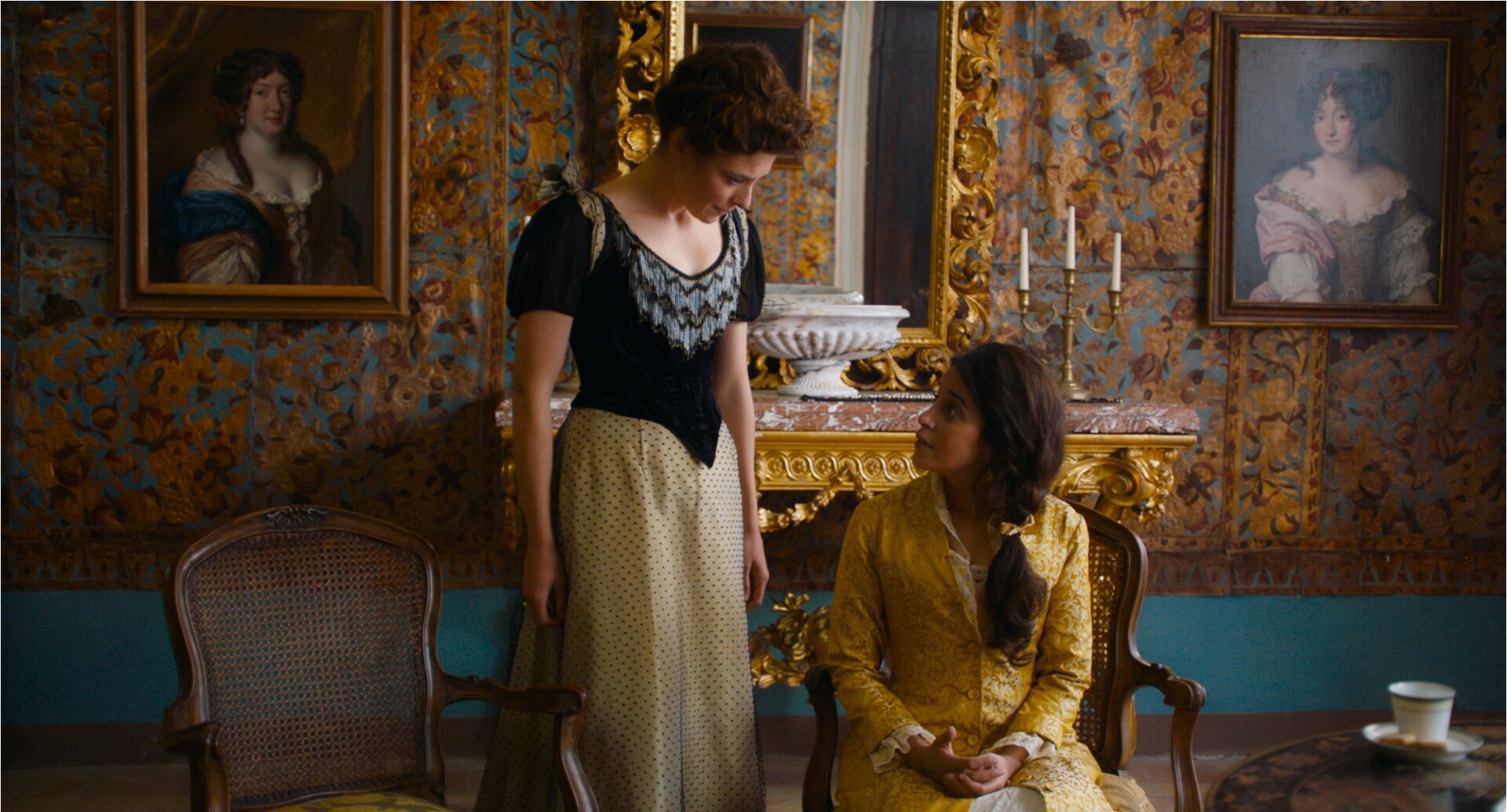
Watch
Love that teaches: Maria Montessori

The first years of an Italian doctor and educationist, Maria Montessori’s great work in the early years of the 900s. It is narrated by a good film without frills: “Maria Montessori: La nuovelle femme.” A partial biopic that faces great themes such as love, motherhood, the female condition, infancy, and disability.
At the center of everything lies love: knowledge, as everything else the other person can learn from us, is passed on best through the instrument of love. Strong and extremely human.
Maria Montessori says this clearly in the film directed by Léa Teodoroy by the same name, after a commission (all male) came to evaluate, not without skepticism and prejudice, her year’s work with what, today, is called disability. But that at the beginning of the previous century was apostrophized with indelicate, offensive terms. As “idiot,” for example.
Observing and listening to different neuropathic children with maternal care – other adjective fundamental in the film and in Montessori itself – the protagonist manages to make them elevate from a cognitive and emotional point of view, filling their lives not only with dignity but also with beauty and warmth.

Maria, interpreted by Jasmine Trinca, manages to demonstrate how the interaction between the youth with disabilities and the people to them dear leads to that necessary humanity that cures and saves.
She does this also thanks to the imaginary character of Lili d’Alengy, a Parisian courtesan and mother of a child with cognitive retardation (at first not accepted by the woman).
Together, Maria and Lili, different but with something in common, supported by the exceptional, miraculous filter of music, will testify how affective caring and physical and emotional closeness can make a difference in a child’s inner development.
This radical experience, even more experimental when we think it was lived (with difficulty) in the early 1900s, will be the one to model the so-called “Montessori Method,” born from the geniality of a doctor and extraordinary educationist, bearer of a revolution based on listening.
This woman, initially also not paid, left us a message that, in time, was exported to the whole world.
Maria Montessori started from the acceptance of diversity, from extreme fragility, from the protection, from the recovery of those left behind, from the safeguarding of who during that time was marginalized, to then extend her modus operandi to every child of every nationality with any physical and mental condition, of the planet.
The fact of this marvelous emphatic journey that is touching is that it has been taken forward by Maria Montessori, together with her being mother. A motherhood lived in a rather conflictual manner: not due to the absence of love, quite the opposite as that beloved son of hers, little Mario, was born outside the boundaries of marriage, and in a time quite far from ours, in which society would not accept children born from unmarried couples, that child grew up in the company of a ballia for twelve years.
There is always this pain in the Mary of the film, experienced in the distance from her baby as well as in the visits at the country cottage in which she tried to restore to her son that fundamental relationship for every newborn: with the one who gave birth to him, and with deep love that prepares him for life.
A motherhood in a way negated to Maria Montessori, who gave lots to the children worldwide. A motherhood, however, that she was able to pour, who knows if consequently, into every budding life she encountered.
So, there is the private in the public, the sentiment in the work, in this film co-produced by France and Italy. A simple work, dry in style, but effective in content. There is a modern woman (it is no coincidence that the original title of the film, in French, is La nouvelle femme) and battler, unable to give up her professional journey to change the upbringing of her children, even though this has caused her great personal suffering.
Director Léa Todorov dedicated the film to her daughter Sofia, a neurotic child.






